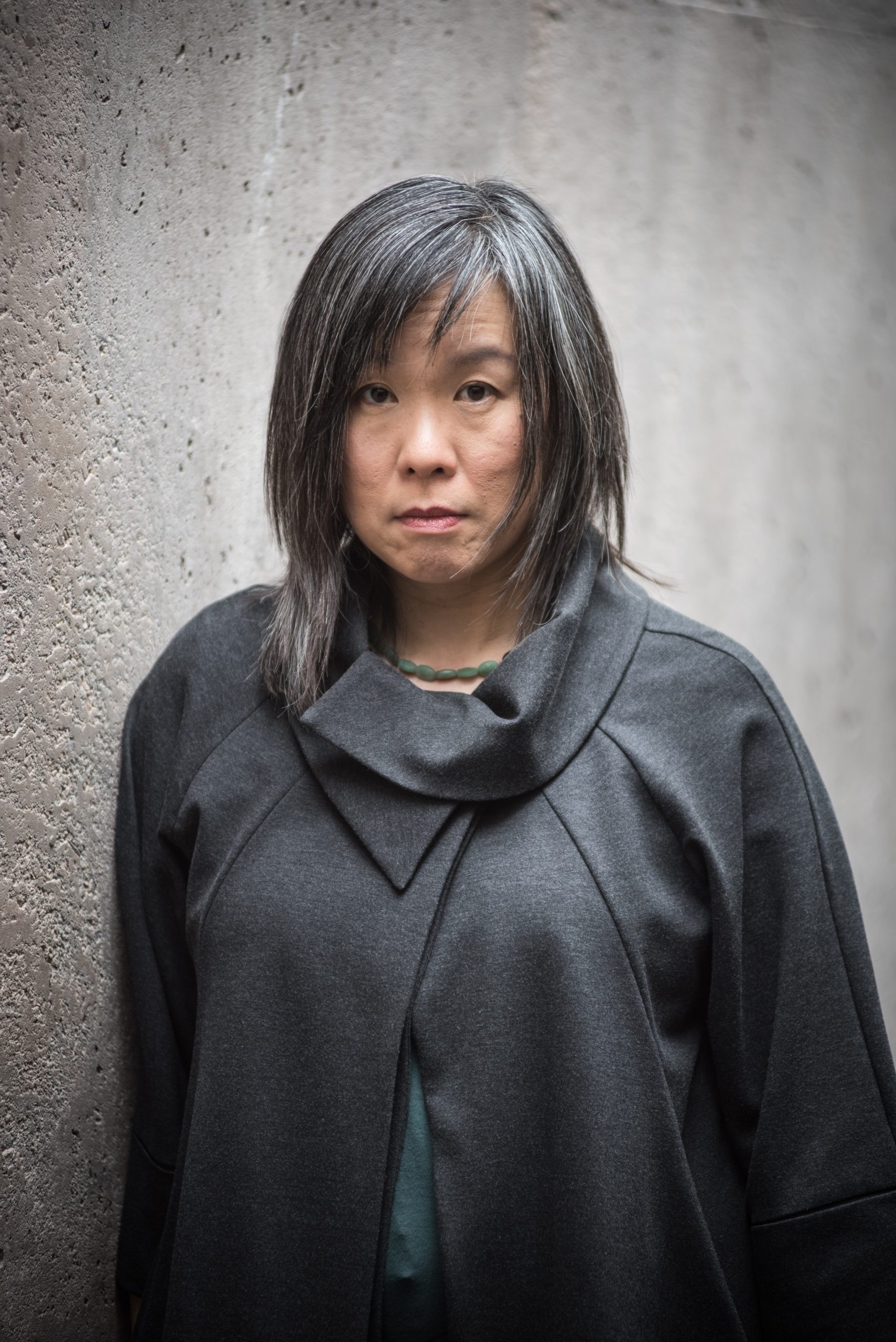Insurgent Survival Strategies for Guilt-Wracked Human Animals in the Post-Apocalypse
This talk begins with two propositions: The world has already ended. And all our houses are haunted. I nuance the concept of the anthropocene to recognize that not all humans are responsible equally for contemporary climate change; rather it is a continuation of Western capitalism, colonialism and imperialism. But guilt is not the way; rather it is part of the old metaphysical problem that got us here to begin with. Instead, we need to turn to traditional knowledges specific to our own embodied being, not to reclaim the past nostalgically, as some perfect prior time or place. I offer instead a set of strategies for how some humans, each differently, might reclaim and reinhabit other ways of being and knowing in the spirit of a better future for both humans and the planet.
Dr. Larissa Lai is the author of nine books including The Lost Century, The Tiger Flu, Salt Fish Girl, and Iron Goddess of Mercy. Recipient of the Jim Duggins Novelist's Prize, the Lambda Literary Award for Lesbian Fiction, the Astraea Award, and the Otherwise Honor Book and she has also been a finalist for the Books in Canada First Novel Award and the Governor General's Award. She has held a Canada Research Chair in Creative Writing at the University of Calgary, and a Maria Zambrano Fellowship at the University of Huelva and is currently the Richard Charles Lee Chair in Chinese Canadian Studies; Professor, Canadian Studies & Department of English at the University of Toronto.
In August of 2022, Scientific American magazine opined that “This Hot Summer is One of the Coolest of the Rest of Our Lives.” This attitude also animated a popular meme. In the original scenes from The Simpsons, Bart laments that he is having the worst day of his life and Homer comforts him by reminding him that it is merely the worst day yet. The meme turns Bart’s complaint into an apt quip about the Anthropocene. “This is the hottest summer of my life,” says Bart. “This is the hottest summer of your life so far,” Homer replies. And indeed, as predicted, the summer of 2023 was hotter than the year before.
The Simpson meme’s despairing pessimism would seem to mark the end of the longstanding attitude that has motivated so much environmental activism: the future of life on Earth must be saved and we have only narrow window of time to save it. In this drama of rescue, the future is already known. If we succeed in implementing policy changes to stop the production of fossil fuel emissions, then the future is this, but better. Realistically, and increasingly commonly, it is this, but worse. Neither option admits of a future that is not yet known or is radically discontinuous from the present.
For speakers in this lecture series, current practices and their effects on the future are far stranger than such a scenario allows. From hormone dispersion in the waterways to de-extinction technologies, the speakers in the Planetary Futures series tell stories of the weird critters that might emerge from the strange chemical soups of the present, they consider the odd feelings that come from such uncertain futures, and they interrogate the colonial histories, neoimperial presents, and sexual and racial metaphysics that underpin, distort, reject, and reimagine the notion of futurity as such. Drawing on theories of queer temporality, Black studies, postnatural aesthetics, and feminist science, our speakers consider the planet from the speculative vantage of its potential future inhabitants, rather than from the abstraction life, to highlight the tangle of relations at stake in every imagining of the planet.


